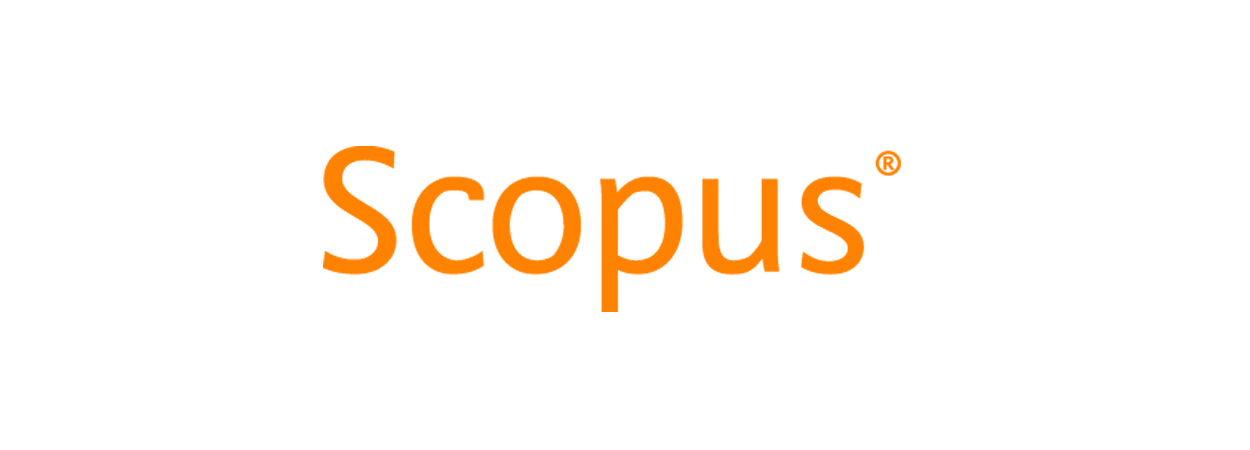THE IMPACT OF ZERO IMPORT TARIFF POLICY AND AIR POLLUTION PREVENTION AND CONTROL ACTION PLAN ON INDONESIAN COAL EXPORT TO CHINA
Abstract
Indonesia dan Tiongkok merupakan pelaku utama perdagangan batu bara dunia. Indonesia adalah eksportir batu bara terbesar dan pemasok utama kebutuhan batu bara Tiongkok, sedangkan Tiongkok adalah importir batu bara terbesar di dunia. Kebijakan tarif impor nol persen pada komoditas batu bara yang diterapkan Tiongkok pada Januari 2008, berdampak pada meningkatnya ekspor batu bara Indonesia ke Tiongkok. Namun, setelah Tiongkok mengeluarkan kebijakan Air Pollution Prevention and Control Action Plan, ekspor batu bara Indonesia ke Tiongkok mulai menurun pada tahun 2014. Tujuan dari penelitian ini adalah untuk mempelajari pengaruh kebijakan tarif impor nol persen dan Air Pollution Prevention and Control Action Plan terhadap ekspor batu bara Indonesia ke Tiongkok. Metode yang digunakan dalam penelitian ini adalah analisis intervensi multi input. Data yang digunakan berasal dari Badan Pusat Statistik (BPS). Hasil dari penelitian menunjukkan bahwa kebijakan tarif impor nol persen yang diterapkan oleh Tiongkok memiliki pengaruh yang signifikan positif dan permanen terhadap ekspor batu bara Indonesia ke Tiongkok. Sementara itu, kebijakan Air Pollution Prevention and Control Action Plan memiliki pengaruh yang signifikan negatif dan permanen. Rekomendasi kebijakan adalah implementasi kebijakan tentang standar minimum kualitas batu bara yang dihasilkan. Dengan demikian, kualitas ekspor batu bara Indonesia dapat menyesuaikan spesifikasi permintaan pasar dari negara pengimpor yang menerapkan kebijakan pengendalian pencemaran udara.
Indonesia and China are the main actors of world coal trading. Indonesia is the largest coal exporter and the main supplier of Chinese coal needs, while China is the world's largest coal importer. The zero import tariff policy on coal commodities applied by China in January 2008, has an impact on increasing Indonesian coal exports to China. However, after China issued its policy of Air Pollution Prevention and Control Action Plan, Indonesian coal exports to China began to decline in 2014. The objective of this research is to study the influence of zero import tariff policy and Air Pollution Prevention and Control Action Plan to the Indonesian coal exports to China. The method used in this research is the multi-input intervention analysis. Data used are developed from BPS. The results show that the zero import tariff policy applied by China has significantly positive and permanent effect on Indonesian coal exports to China. Meanwhile, the policy of Air Pollution Prevention and Control Action Plan has significantly negative and permanent effect. Policy recommendation is the implementation of policy about minimum standards of coal quality that may be produced. Thus, Indonesian coal exports quality will able to adjust market demand specification from importing countries that implement policies about pollution control.
References
Box, G., & Tiao, C. (1975). Intervention Analysis with Applications to Economic and Environtmental Problems. Journal of The American Statistical Association, Vol. 70(349), pp. 70-79.
BPS. (2016). Neraca Energi Indonesia 2011-2015. Jakarta: Badan Pusat Statistik.
BPS. (2017). Ekspor Batu Bara Menurut Negara Tujuan Utama, 2002-2015. Accesed on 1 April 2017 from https://www.bps.go.id/statictable/2014/09/08/1034/ekspor-batu-bara-menurut-negara-tujuan-utama-2002-2015.html
Clean Air Asia. (2015). China Air 2015: Air Pollution Prevention and Control Progress in Chinese Cities . Clean Air Asia.
Cai, Si., Wang, Y., Zhao, B., Wang, S., Chang, X., Hao, J.(2016). The impact of the “Air Pollution Prevention and Control Action Plan” on PM2.5 concentrations in Jing-Jin-Ji region during 2012–2020. Science of The Total Environment, Vol. 280, pp. 197-209.
Cestepe, H., Yildirim, E., Bahtiyar, B.(2015). The Impact of Trade Liberalization on the Export of MENA Countries to OECD Trade Partners. Science of The Total Environment, Vol. 23, pp. 1440-1445.
Enders, W. (2004). Applied Econometric Time Series Second Edition. New Jersey: John Wiley & Sons, Inc.
Dianniar, U. (2013). The Impact of Free Trade Agreements on Indonesia’s Agricultural Trade Flows: An Application of the Gravity Model Approach. Thesis. The Hague: Erasmus University Rotterdam, Netherlands.
IEA. (2016). World Energy Balance. International Energy Agency.
Hoque, M. M., Yusop, Z. (2012). Impacts of Trade Liberalization on Export Performance in Bangladesh: An Empirical Investigation. South Asia Economic Journal, Vol. 13(2).
Imburno, M. (2016). China and WTO liberalization: Imports, Tariffs and Non-tariff barriers. China Economic Review, Vol. 38, pp. 222-237.
Ismail, Z., Suhartono, Yahaya, A., R. Efendi. (2009). Intervention model for analyzing the impact of terrorism to tourism industry. Journal of Mathematics and Statistics, Vol. 5, pp. 322–329.
Jin, Y., Andersson, H., Zhang, S. (2016). Air Pollution Control Policies in China: A Retrospective and Prospects. Int J Environ Res Public Health, Vol. 13(12).
Krugman, P. R., & Obstfeld, M. (2008). International Economics: Theory and Policy 8th Edition. New Jersey: Prentice Hall.
Lee, M. H., Suhartono, & Sanugi, B. (2010). Multi Input Intervention Model for Evaluating the Impact of the Asian Crisis and Terrorist Attacks on Tourist Arrivals. Matematika, Vol. 26, pp. 83-106.
Liu, Z., Guan, D.B., Wei, W., Davis, S.J., Ciais, P., Bai, J., Peng, S.S., Zhang, Q., Hubacek,K., Marland, G., Andres, R.J., Crawford-Brown, D., Lin, J.T., Zhao, H.Y., Hong, C.P.,Boden, T.A., Feng, K.S., Peters, G.P., Xi, F.M., Liu, J.G., Li, Y., Zhao, Y., Zeng, N., He,K.B., 2015. Reduced carbon emission estimates from fossil fuel combustion andcement production in China. Nature, Vol. 524 (7565), pp. 335–338.
Novianti, P. W., & Suhartono. (2009). Permodelan Indeks Harga Konsumen Indonesia dengan Menggunakan Model Intervensi Multi Input. Buletin Ekonomi, Moneter, dan Perbankan, Juli 2009, Vol. 12(1), pp. 83-104.
Okabe, M & Urata, S. (2014). The Impact of AFTA on Intra-AFTA Trade. Journal of Asian Economics Vol. 35, pp. 12-31.
Siegel, Sidney. (1992). Nonparametric Statistics for the Behavioral Sciences. New York: John Wiley & Sons, Inc.
Vanhnalat, B., Kyophilavong, P., Phonvisay, A., & Sengsourivong, B. (2015). Assessment the Effect of Free Trade Agreements on Exports of Lao PDR. International Journal of Economics and Financial Issues, Vol. 5(2), pp. 365-376.
Wei, W. W. (2006). Time Series Analysis: Univariate and Multivariate Methods 2nd edition. USA: Pearson Education, Inc.
Copyright (c) 2018 Buletin Ilmiah Litbang Perdagangan

This work is licensed under a Creative Commons Attribution-ShareAlike 4.0 International License.










 Buletin Ilmiah Litbang Perdagangan
Buletin Ilmiah Litbang Perdagangan
